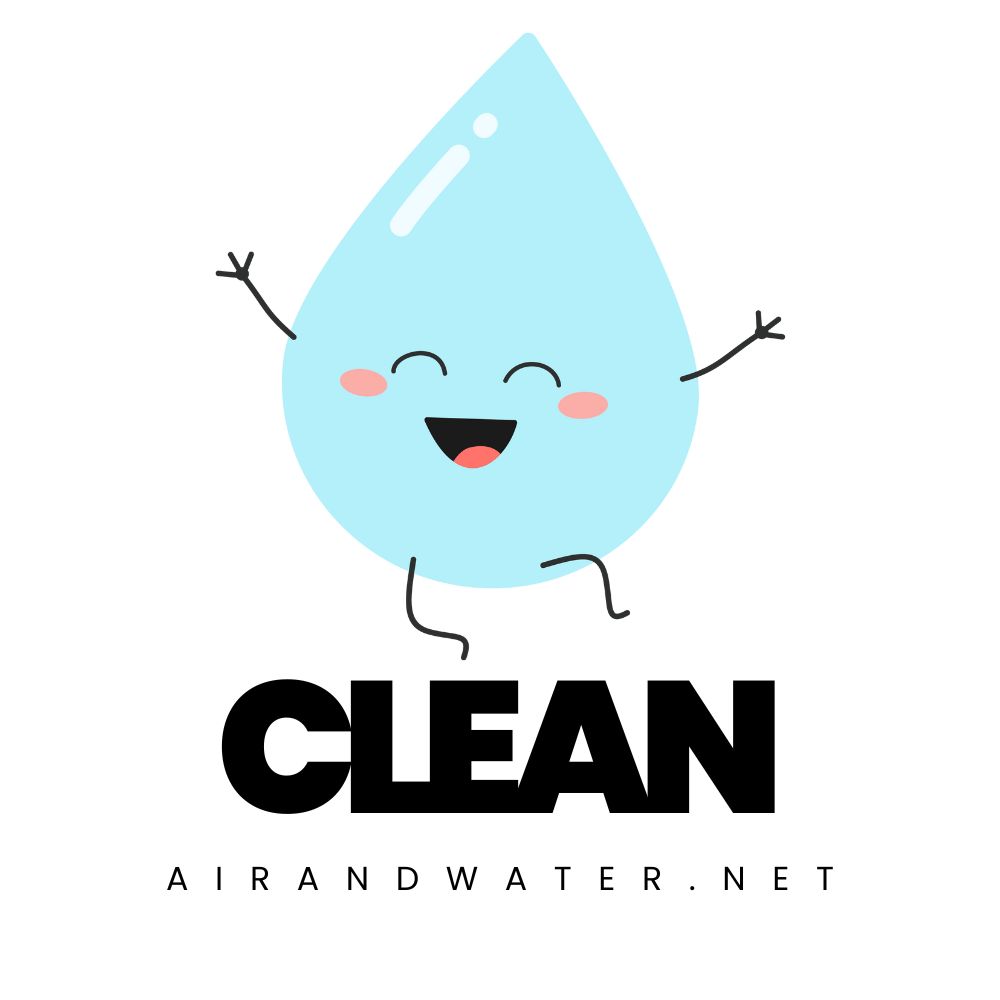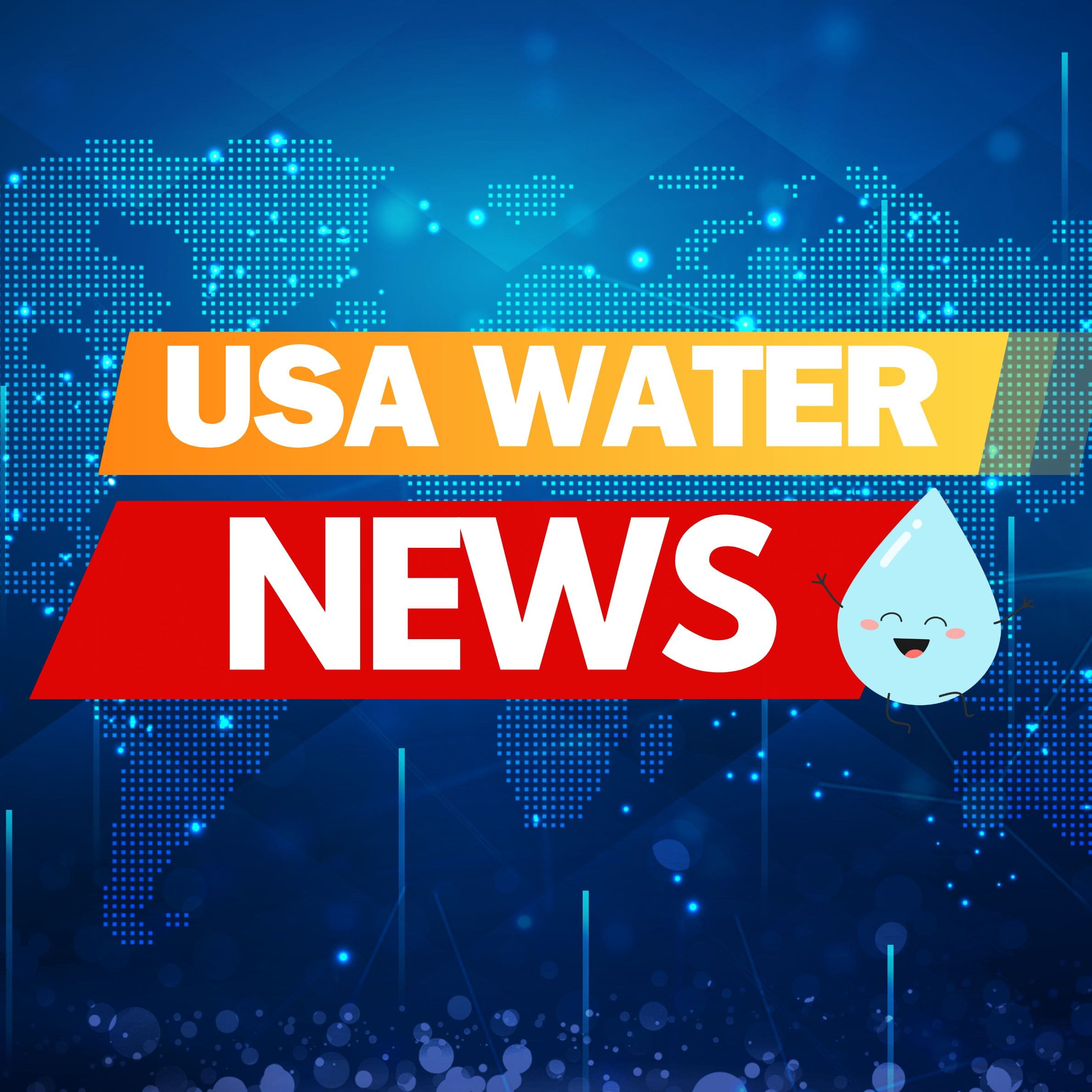Indianapolis Water Quality at a Glance
significant concerns
Is Indianapolis Water Safe to Drink?
Generally Yes, With Moderate Concerns – Citizens Energy Group water meets federal standards and serves about 900,000 consumers safely. Primary concerns include chromium-6 levels averaging 80 ppt (4x higher than safe levels) and elevated disinfection byproducts from chlorine treatment. PFAS levels remain below current health advisories, though statewide testing found 24 utilities with elevated PFAS levels.
⚠️ Key Concerns for Indianapolis Residents
- Chromium-6: Averaging 80 ppt (4 times higher than levels with negligible cancer risk); not currently regulated by EPA
- Disinfection Byproducts: Elevated levels of TTHMs (324x safe levels), HAA5 (381x safe levels), and HAA9 (555x safe levels) linked to cancer risk
- Lead Risk: 10% of samples exceed 7.7 ppb; older homes with lead service lines at higher risk
- Pesticides: Detection of atrazine, 2,4-D, simazine in treated water; agricultural runoff concerns
Read the full report below for detailed analysis, treatment information, and actionable recommendations for Indianapolis residents.
Indianapolis – Indiana – Water Quality Report 2025: PFAS Testing, Infrastructure Concerns & Safety across your city
Indianapolis Citizens Energy Group manages water services for the greater Indianapolis area, serving approximately 900,000 customers across Marion County and portions of surrounding counties. The system includes over 4,000 miles of water mains, four treatment facilities, and various surface and groundwater sources, delivering roughly 125 million gallons daily to the Indianapolis metropolitan area.
Indianapolis draws its drinking water from four primary sources: White River (supplying two treatment plants), Geist Reservoir (Fall Creek Treatment Plant), Eagle Creek Reservoir (T.W. Moses Treatment Plant), and Citizens’ network of groundwater wells. The city utilizes a multi-source approach to ensure reliability during drought conditions or source-specific challenges. Indianapolis water quality consistently meets federal standards through substantial investments in advanced treatment technologies, though the system continues to address challenges related to aging infrastructure and emerging contaminants like chromium-6 and disinfection byproducts. The utility has implemented comprehensive programs for water quality monitoring, infrastructure renewal, and customer assistance to maintain high water quality standards.

Indianapolis Water Quality: Current Status (2024-2025)
Latest Testing Results
- Lead Levels: The most recent testing shows 90th percentile lead levels of 7.7 parts per billion (ppb), significantly below the EPA action level of 15 ppb, reflecting successful corrosion control treatment and ongoing lead service line replacement efforts.
- Testing Scope: Citizens Energy Group conducts over 11,000 water quality tests annually throughout the distribution system, including enhanced monitoring at residential sites, schools, and public facilities.
- Compliance Status: Indianapolis water meets or exceeds all federal and state drinking water standards, maintaining full compliance with EPA and Indiana Department of Environmental Management regulations.
Diverse Water Sources
- White River & Reservoirs: White River supplies two treatment plants (White River and White River North), while Geist Reservoir supplies Fall Creek Treatment Plant and Eagle Creek Reservoir supplies T.W. Moses Treatment Plant.
- Groundwater Wells: Network of deep wells providing supplementary water supply, accessing groundwater sources with consistent quality and temperature.
- Source Water Protection: Comprehensive watershed management programs including buffer zone maintenance, agricultural best practices partnerships, and regular source water assessments.
Advanced Treatment Technology
- Multi-Barrier Treatment: Surface water undergoes coagulation, flocculation, sedimentation, filtration, and disinfection with state-of-the-art monitoring at each stage.
- UV Disinfection: Addition of ultraviolet light treatment at surface water facilities provides enhanced protection against cryptosporidium and other chlorine-resistant pathogens.
- Corrosion Control: Optimized pH adjustment and orthophosphate-based corrosion inhibitors prevent lead and copper leaching from plumbing systems throughout the distribution network.
Infrastructure Modernization
- Pipeline Replacement: Ongoing replacement of aging water mains, with priority given to pre-1940 cast iron mains in areas with history of breaks or water quality concerns.
- Lead Service Line Program: Accelerated replacement initiative targeting lead service lines throughout the system, with priority given to homes with children and pregnant women.
- Digital Water Initiative: Implementation of advanced sensors, real-time monitoring systems, and predictive analytics to optimize water quality management and rapidly detect potential issues.
Customer Protection Initiatives
Indianapolis provides extensive customer support through the H2O (Help to Others) program offering bill payment assistance for low-income residents. The utility offers free water quality testing for concerned customers, particularly those in older neighborhoods with potential lead service lines. Citizens Energy Group has established a progressive environmental justice framework ensuring equitable distribution of infrastructure improvements across all communities regardless of socioeconomic status. The city maintains transparent communication through detailed annual water quality reports, public notification systems, and community education programs focused on water quality awareness and conservation. The integration of surface and groundwater sources, combined with continuous system upgrades, ensures reliable, high-quality water delivery throughout the Indianapolis metropolitan area.
Recommendations for Indianapolis Residents
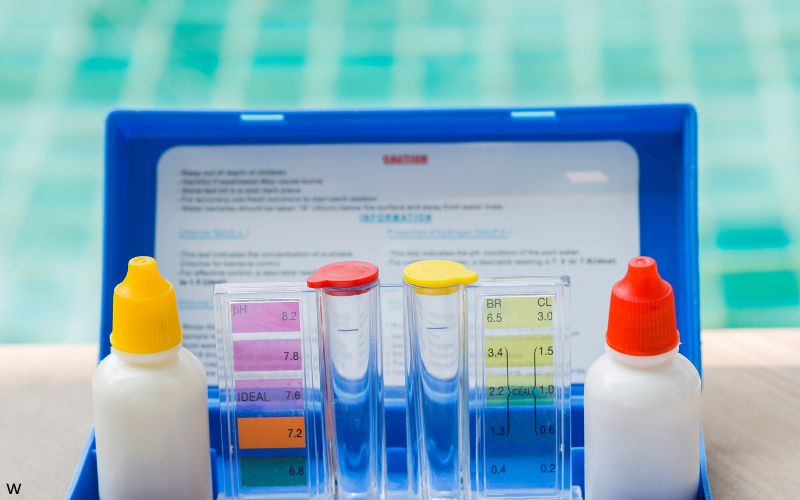
Request Water Testing
Contact Citizens Energy Group at (317) 924-3311 or visit citizensenergygroup.com to schedule free water quality testing. Testing is particularly recommended for homes built before 1986.

Check for Lead Service Lines
Use Citizens Energy Group’s online service line inventory tool to check if your property has a lead service line. Contact (317) 924-3311 for information about lead service line replacement programs and assistance.
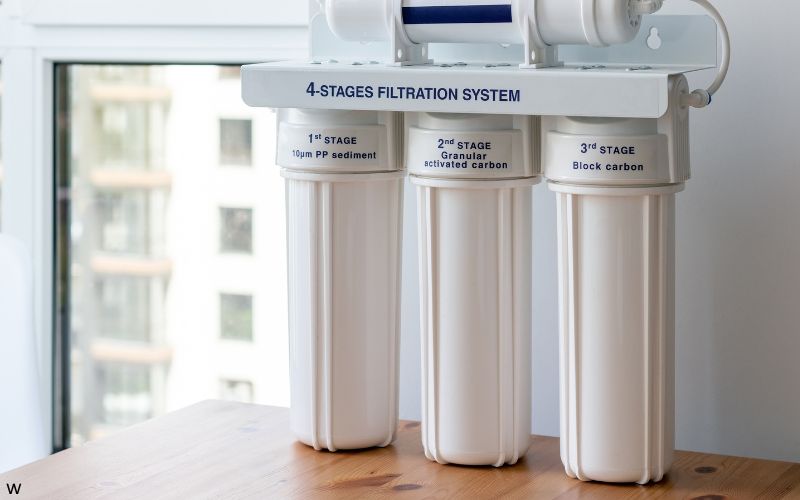
Use Certified Filters
For homes with lead service lines or plumbing, use NSF-certified filters (Standard 53) for drinking and cooking water. Consider carbon filters for chromium-6 and disinfection byproducts reduction.

Run Water Before Use
If water has been sitting in pipes for several hours, run cold water for 2-3 minutes before using for drinking or cooking. Always use cold water for consumption, as hot water can contain higher levels of potential contaminants.
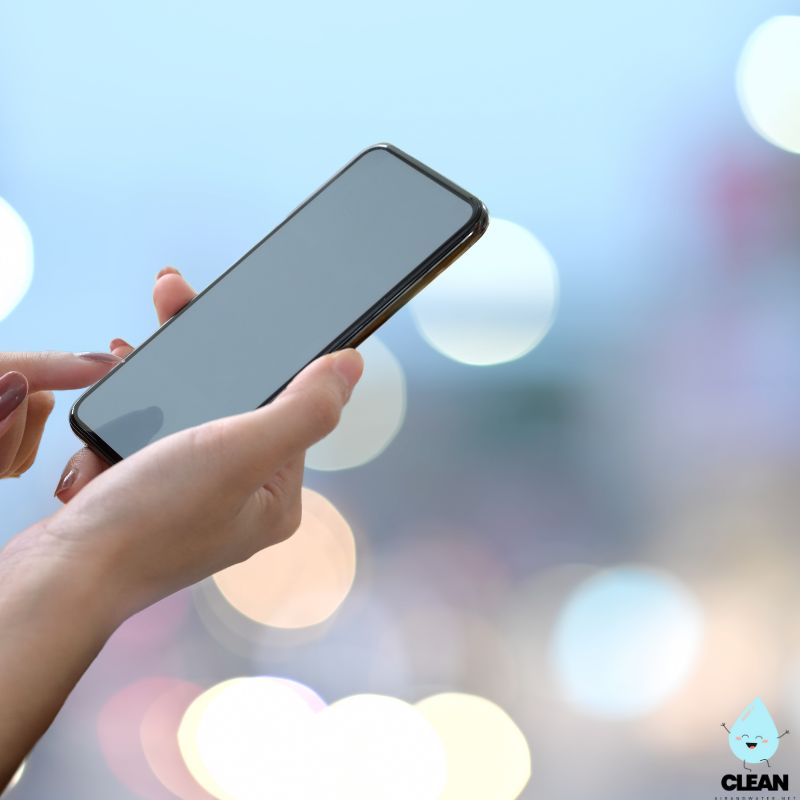
Report Concerns
Contact Citizens Energy Group’s 24-hour water quality hotline at (317) 924-3311 for water quality concerns, main breaks, or pressure issues. For emergencies, call the water emergency line at (317) 924-3311, option 2.
Quality News About Your Water
Get the comprehensive water quality news coverage you need with our dedicated US Water News Service. From coast to coast, we deliver in-depth reporting and expert analysis on PFAS contamination, EPA regulatory changes, infrastructure developments, and emerging water safety issues affecting communities nationwide. While mainstream media only covers the biggest stories, we provide the detailed, ongoing coverage that helps you understand the full scope of America’s water challenges. Whether you’re a concerned citizen, water professional, or community leader, our daily updates and analytical insights keep you informed about the issues that matter most to public health and environmental safety.
Frequently Asked Questions
Is Indianapolis tap water safe to drink?
Yes, Indianapolis tap water consistently meets all federal and state drinking water standards. The city employs advanced multi-barrier treatment processes that include filtration, UV disinfection, and chlorination to ensure water quality and safety.
Recent testing shows 90th percentile lead levels at 7.7 ppb, well below the EPA action level of 15 ppb. However, homes built before 1986 may have lead service lines or lead solder in their plumbing. Citizens Energy Group offers free water testing and has lead service line replacement programs throughout the system. Primary concerns include chromium-6 levels averaging 80 ppt (4x higher than safe levels) and elevated disinfection byproducts. As a precaution, households with lead plumbing should use NSF-certified filters for drinking and cooking water.
How can I check if my home has lead pipes?
To determine if your Indianapolis home has lead service lines or plumbing:
1. Locate your water service line where it enters your home (typically in the basement or crawl space). Lead pipes appear dull gray, don’t respond to magnets, and can be scratched with a key, revealing a silver-like color.
2. Call Citizens Energy Group at (317) 924-3311 to request a service line verification or use their online customer service line inventory tool
3. Check your home’s age – properties built before 1986 are more likely to have lead components
Citizens Energy Group maintains a searchable customer service line inventory online. Homes built between 1900-1950 have the highest likelihood of lead service lines in Indianapolis.
Why does Indianapolis use multiple water sources?
Indianapolis employs a strategic multi-source water supply approach that provides several important benefits:
• Supply reliability: Multiple sources ensure water availability during drought conditions or when one source faces challenges
• Seasonal optimization: Surface water (White River, Geist and Eagle Creek Reservoirs) and groundwater sources can be blended differently based on seasonal conditions
• Quality management: Groundwater typically requires less treatment than surface water, improving overall system efficiency
• Capacity flexibility: The diverse portfolio allows the system to meet peak demand periods without overtaxing any single source
This integrated approach has proven particularly valuable during drought periods and helps maintain consistent water quality throughout the year.
Are there water conservation requirements in Indianapolis?
Indianapolis maintains a tiered approach to water conservation based on current conditions:
Normal Conditions (Current Status):
• Voluntary conservation measures encouraged
• Even/odd day outdoor watering recommended (based on address number)
• Morning/evening watering preferred (before 10am or after 6pm)
Drought Response Levels:
During declared water shortages, the city may implement:
• Level 1: Mandatory odd/even watering schedule
• Level 2: Limited outdoor watering (1-2 days per week)
• Level 3: Prohibition of non-essential water use
Current conservation status and recommendations are available at citizensenergygroup.com or by calling (317) 924-3311.
Contaminants of Concern
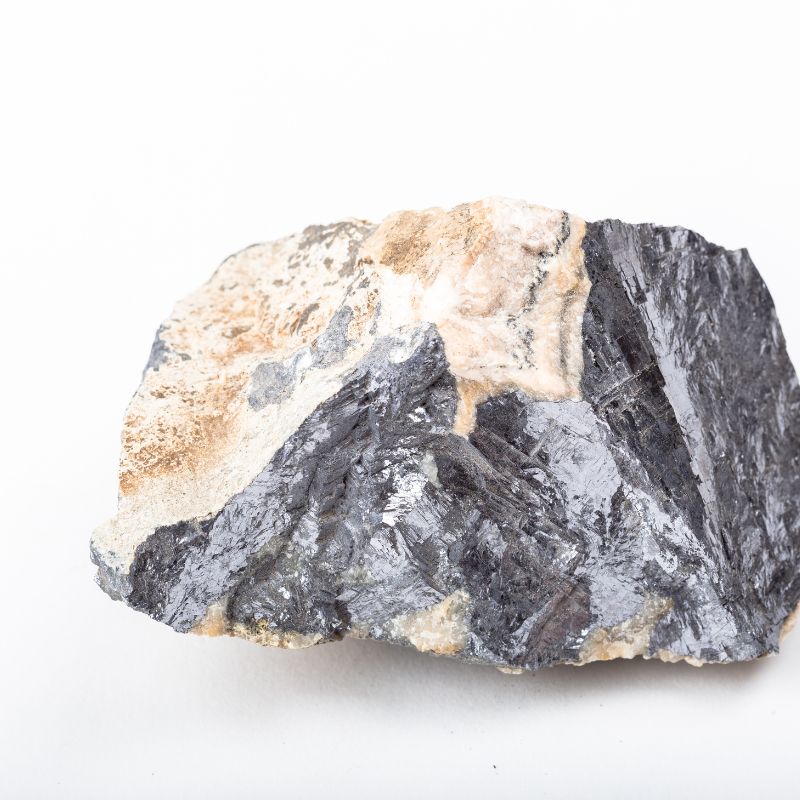
Lead
Source: Lead service lines and older plumbing components in homes built before 1986; Indianapolis has lead service lines remaining in the system with ongoing replacement programs
Health Effects: Developmental issues in children, cognitive impairment, cardiovascular effects, kidney problems, reproductive issues in adults
Current Levels: 90th percentile value of 7.7 ppb, well below EPA action level EPA Limit: Action level 15 ppb, though no level is considered completely safe

Chromium-6 & Disinfection Byproducts
Source: Chromium-6 from industrial sources and natural mineral deposits; disinfection byproducts form when chlorine reacts with organic matter during treatment
Health Effects: Chromium-6 linked to cancer risk; disinfection byproducts associated with increased cancer risk, liver and kidney problems
Current Levels: Chromium-6 averages 80 ppt (4x higher than safe levels); TTHMs, HAA5, and HAA9 significantly exceed health guidelines but remain within federal limits
Please read – our information
The information presented on cleanairandwater.net is compiled from official water quality reports, trusted news sources, government websites, and public health resources. While we strive for accuracy and thoroughness in our presentations, we are not scientists, engineers, or qualified water quality professionals.
Our mission is to present water quality information in an accessible, real-world format that helps people understand what’s in their water and make informed decisions about their health and safety. We believe that complex environmental information should be available to everyone in a format that’s easy to understand.
We make every effort to ensure our content is current and accurate, but we cannot guarantee that all information is complete or error-free. This website should not replace official communications from your local water utility or health department. We always recommend consulting official sources for the most up-to-date information regarding your specific water system.
Clean Air and Water is not liable for any unintentional errors, omissions, or outdated information. The content on this site is provided for informational purposes only and should not be considered professional advice.
